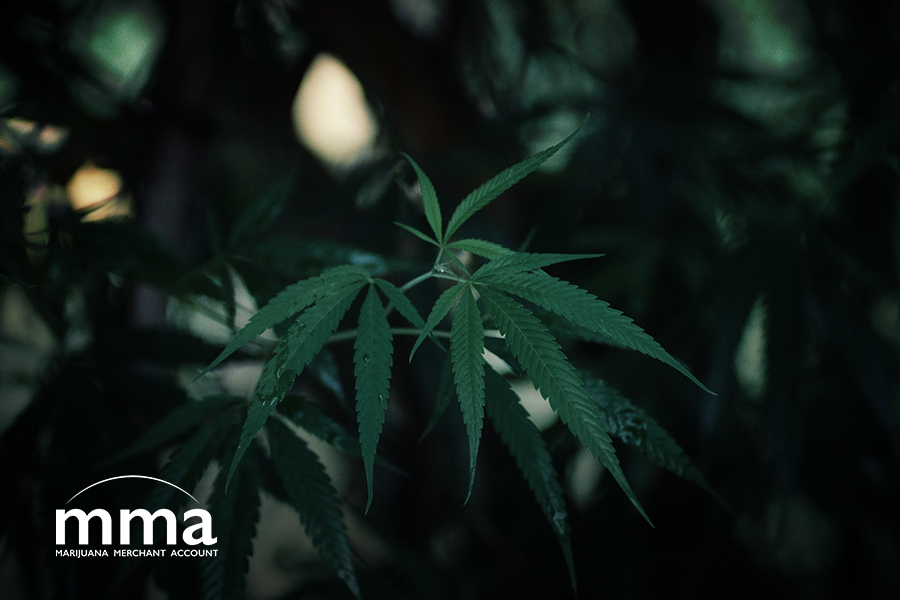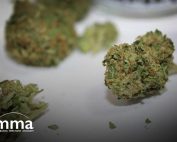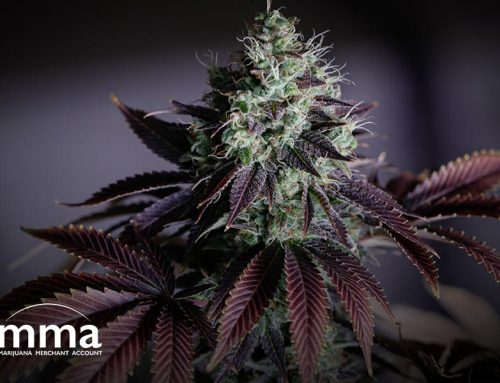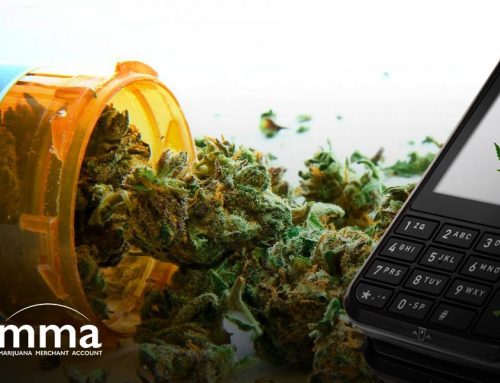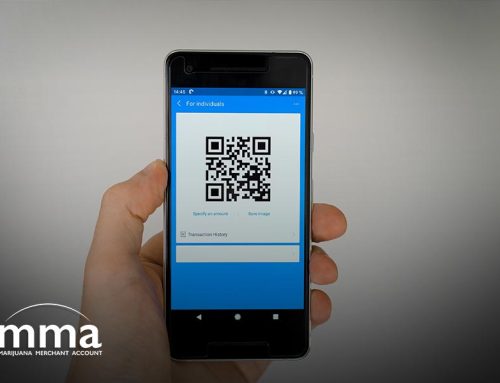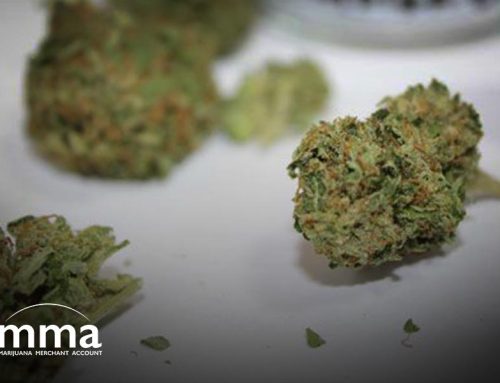Cannabis may still be prohibited in the U.S. federally, but hemp-related businesses just got the go-ahead to work with financial institutions just like any other business.
That change is thanks to the Agriculture Improvement Act of 2018 (2018 Farm Bill) that legalized hemp, plus an announcement made this month by the Federal Deposit Insurance Corporation, the Board of Governors of the Federal Reserve System, the Financial Crimes Enforcement Network (FinCEN), and the Office of the Comptroller of the Currency.
While hemp has been legal since 2018, banks and other financial institutions were waiting to hear an official word on how they should handle hemp-related business accounts. Before the recent announcement, banks were treating hemp-based businesses like they do cannabis-based ones: filing suspicious activity reports (SARs) for those customers just for being in the business of hemp.
The recent announcement clarified that banks no longer have to file SARs for hemp-based businesses. Not every financial institution will choose to work with hemp-based businesses, but those that do will now have to file much less paperwork and won’t need to treat them differently than other customers. Now banks will only file SARs if there is suspicious activity on an account, not just because it is for a hemp-based business.
That doesn’t mean that anyone can start a hemp-based business, however, as several states have laws (or are currently developing them) regarding hemp and a U.S. Department of Agriculture (USDA) license is required. Local municipalities may also choose to ban hemp production.
“A state or tribal government may prohibit the production of hemp, even though it is legal under federal law. The 2018 Farm Bill provisions related to USDA-approved state or tribal plans did not preempt state or tribal laws regarding the production of hemp that are more stringent than federal law,” according to the multi-agency announcement.
The 2018 Farm Bill removed hemp from the Schedule I designation and allowed for the cultivation and sale of the plant as long as the amount of tetrahydrocannabinol (THC) is less than 0.3 percent. There is likely to be an upswing in the number of financial institutions interested in working with hemp-based businesses.
Will we see the same clarification for cannabis-related businesses in the near future? It is difficult to say. The Secure and Fair Enforcement (SAFE) Banking Act promises to do just that, although it stops short of federally legalizing cannabis. Instead, it would clarify rules for financial institutions that work with cannabis-related businesses to address the billion dollar industry that is largely cash-based due to these restrictions (something the IRS has struggled with). The SAFE Banking Act passed the House of Representatives in a historic move, but it has stalled in the Senate with an uncertain future.
Another bill that would remove marijuana from the Schedule I designation is the Marijuana Opportunity Reinvestment and Expungement (MORE) Act. This wouldn’t automatically make cannabis legal, but it would be a major step in that direction.
Do you think cannabis-related businesses will get the same break that hemp-related businesses now do? Will the hemp industry now explode with growth? Tell us what you think in the comments below.

